Open Science & Impact Festival 2025
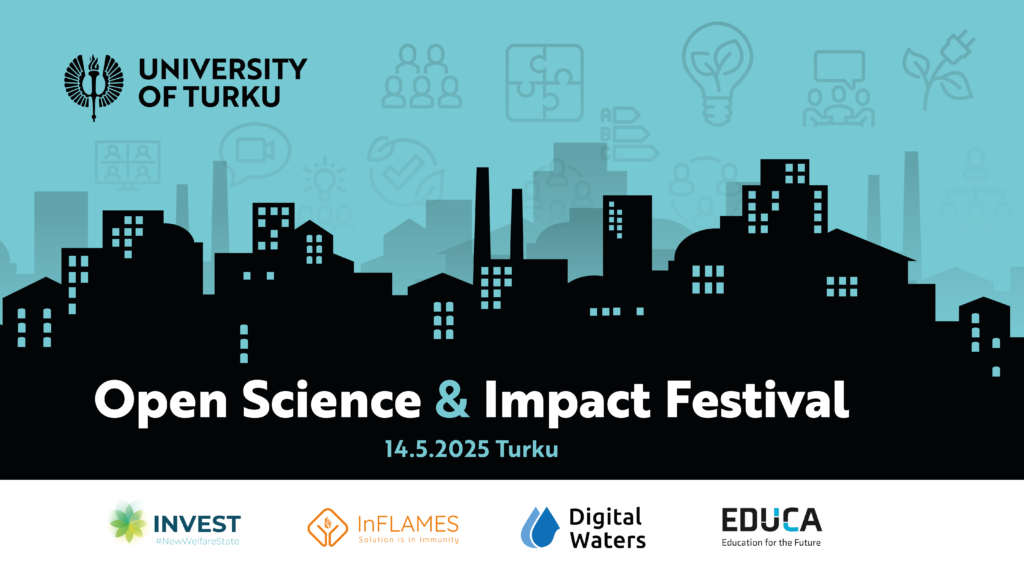
Open Science & Impact Festival 2025 will take place in Visitor and Innovation Centre Joki, Turku, Finland, on 14.5.2025 and it is a brand new event focusing on advancing latest knowledge on Open Science and Research Impact among researchers.
At the Festival, you can learn about best practices in open science and the secrets of social impact of research. You will learn more about what social impact of research can be, what to consider and why it is worth investing in research impact planning. You will also learn how open science works in practice and what the benefits are. The festival will bring together researchers, research support professionals and policy makers.
The theme of this years event is Why Open Science and Research Impact matters.
Conference proceedings available in Zenodo.
8.30 Registration and morning coffee
9.30 Opening words
- Piia Seppänen, Vice-rector for research, University of Turku
- Sami Niinimäki, Counsellor of Education, Ministry of Education and Culture
10.00 Key note: Transition to Open Science – Why and How
- Frank Miedema, Emeritus professor, Utrecht University
- Commentary: Juuso Repo, Senior Researcher, INVEST Research Flagship Centre & Anne Marjamäki, Head of Business Development, member of the InFLAMES executive team, University of Turku
11.00 Key note: Open Science as a transformation of the research system
- Ismael Rafols Garcia, Senior Researcher, University of Leiden
- Commentary: Jari Lavonen, Professor, EDUCA Flagship, University of Helsinki
12.00 Lunch
13.15 Workshops
- Track 1: ”Only open science makes an impact” – Ways to share your research for impact
Lead by the National Open Science Coordination from the Federation of Finnish Learned Societies - Track 2: Impact Café – Strategies to Amplify the Impact of Your Research
Lead by the Finnish Academy of Science and Letters - Track 3: Research collaboration for impact – How to engage with businesses successfully?
Lead by the Finnish Research Impact Foundation
14.15 Panel discussion: The importance, challenges and support structures of open science and research impact
- Moderator: Ilari Sääksjärvi, Professor of Biodiversity research, Director of the Biodiversity Unit, University of Turku
- Panelists:
- Nora Fagerholm, Associate Professor in Human-Nature Interactions and Sustainability, DIWA Flagship, University of Turku
- Taina Saarinen, Research professor, Director of Finnish Institute for Educational Research, EDUCA Flagship, University of Jyväskylä
- Juhani Knuuti, Professor of Cardiovascular imaging, Administrative Director of InFLAMES Research Flagship, University of Turku
- Jani Erola, Professor of Sociology, Director of INVEST Research Flagship Center, University of Turku
15.15 Closing words: The Beauty of Science Communication
- Reetta Kettunen, Secretary General, Committee for Public Information
Networking over cocktails
Event ends by 17.00
In the Open Science & Impact Festival you have an opportunity to choose between three exciting tracks!
Who should know about your research? Who would benefit from your research outputs? How do you make your research accessible for the widest suitable audience?
This engaging workshop will first help you explore ways to make your research more open and impactful and then guide you to plan strategies to make it happen. The workshop is organised by the secretariat for the National Open Science and Research coordination
By participating in this workshop, you will:
- Understand the role of open science for making an impact in society
- Learn strategies for making your research outputs more accessible and impactful
- Develop skills to design your research to be as open as possible and as closed as necessary
- Create a first draft for opening your own research outputs
The workshop draws insights from the National Declaration for Open Science, co-created by the Finnish research community and signed by all the key research organisations in Finland.
Workshop leaders: Henriikka Mustajoki & Aleksi Husso
Are you a researcher looking to improve the societal impact of your work? Do you want to engage in societal discussions but aren’t sure where to start?
This interactive workshop will equip you with the insights, strategies, and practical tools to make your research resonate beyond academia. The session is organised by knowledge brokers at the Finnish Academy of Science and Letters.
By participating in this session, you will:
- Understand the pathways from research to policy impact
- Learn strategies for engaging with policy-makers and stakeholders
- Develop skills to communicate your research effectively to non-academic audiences
- Create an initial impact plan for your research
The workshop draws insights from the Researcher’s Handbook on Science-for-Policy, published by the Finnish Academy of Science and Letters.
Workshop leaders: Iiris Koivulehto & Laura Väliniemi
In this session, we will explore effective practices for research collaboration with the business sector. Aimed at both researchers and business collaborators, this training is designed for those looking to initiate new partnerships or enhance existing ones. We will cover practical steps for starting collaborations, including identifying potential partners, pitching research ideas, and aligning mutual interests. Additionally, we will examine real-world experiences from research collaborations and provide insights into navigating topics such as managing project timelines and preparing for questions such as intellectual property rights (IPR). Join us to strengthen your ability to foster effective and mutually beneficial research collaborations, maximizing the impact of your research.
Workshop leaders:
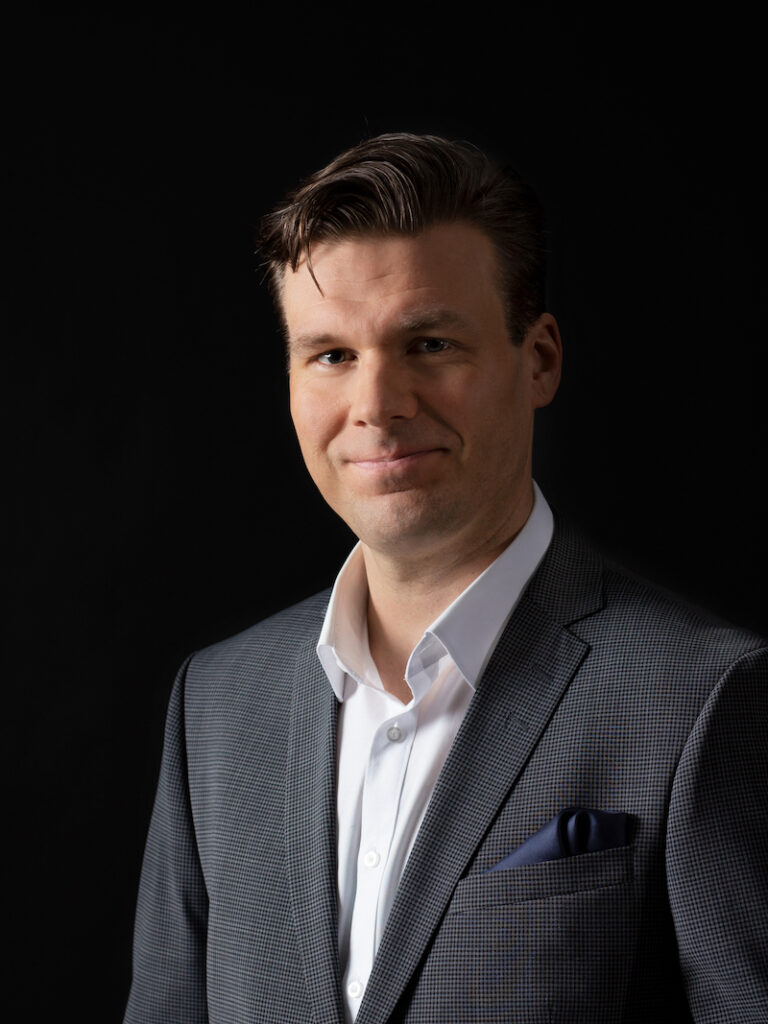
Petro Poutanen is a CEO of the Finnish Research Impact Foundation (FRIF), established by the Finnish government in 2019 to enhance collaboration between industry and academia. Petro has a background in entrepreneurship, consultation, and academic research. He also holds the title of Docent at the University of Helsinki and is a board member of the Association of Finnish Foundations.
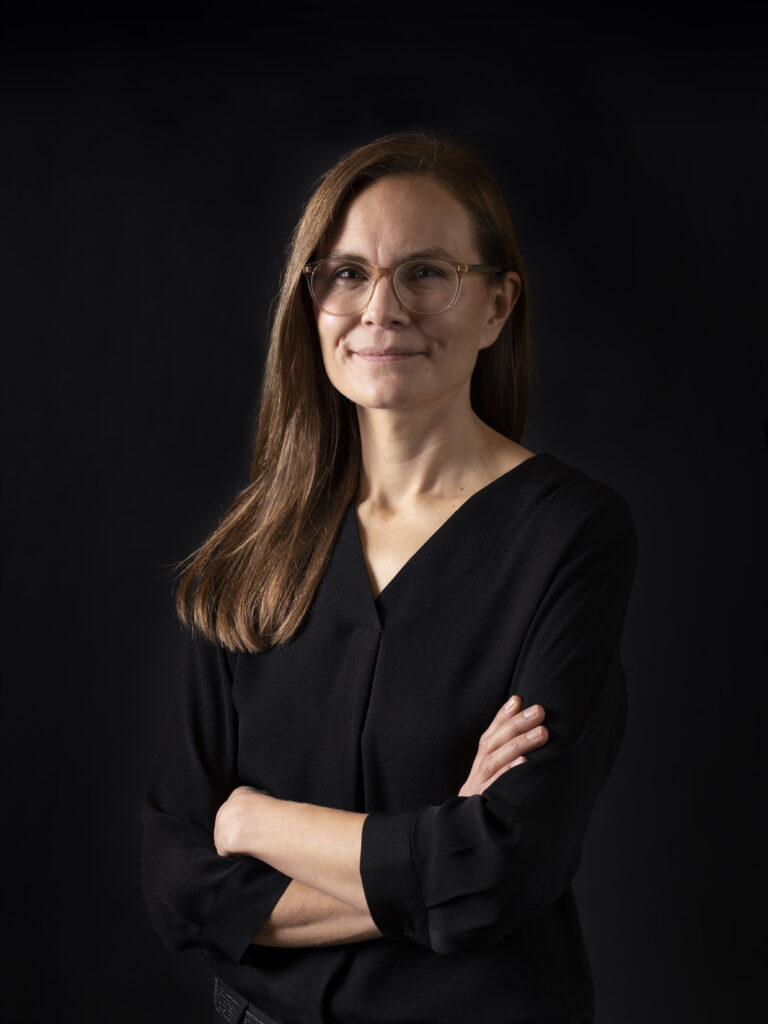
Outi Vanharanta is Research Impact Officer at the Finnish Research Impact Foundation. She holds a PhD in Economics and Business Administration and has over ten years of experience in research collaboration with large companies and SMEs.
Registration to the Festival has ended!
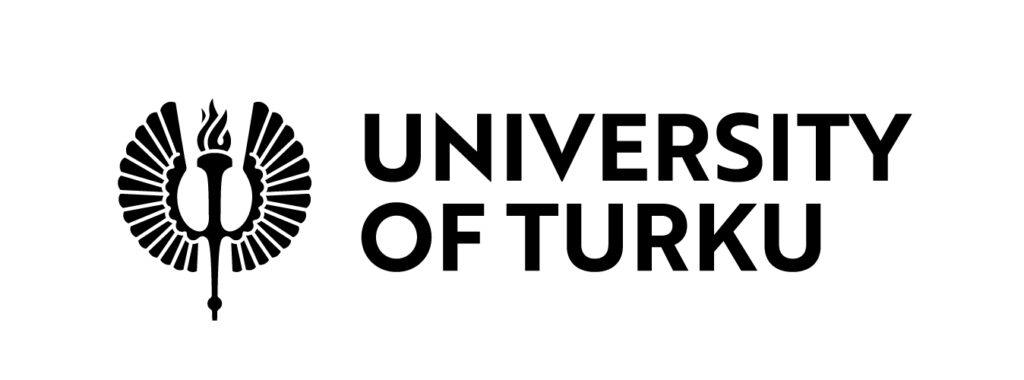
The University of Turku is a high-level, globally recognised and highly regarded research university. Our strengths are multidisciplinary research and research-based education. We foster learning and academic freedom. We operate in international networks and participate in the development of Finnish society and our region.
We are dynamically building a sustainable future and social well-being through research and education.

INVEST Research Flagship Centre aims at providing a new model for the welfare states that is more equal, better targeted to problem groups, more anticipatory as well as economically and socially sustainable.

The InFLAMES Research Flagship is an ambitious and dedicated top-level immunological R&D cluster and they will transform immunological research and innovations into economic and societal empowerment together with biotech and pharmaceutical companies.
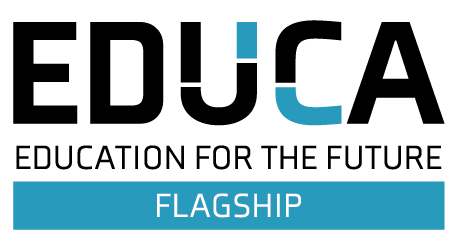
The EDUCA Flagship aims at identifying research-based solutions for issues in education and creating a novel research ecosystem. EDUCA will generate deeper understanding of the effects of policy reforms and interventions, optimal learning moments and engagement, teacher and principal competences, ways in which education can better support social and personalized learning processes and how technology enhanced learning environments can be more effectively used.

DIWA flagship is a leading research and innovation ecosystem, bringing research and new innovations to support decision-making and management in the water sector – digitally.
Key note: Transition to Open Science – Why and How
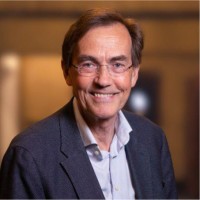
Frank Miedema is Emeritus Professor. He was until 2023 Vice Rector for Research at Utrecht University and chair of the Utrecht University Open Science Program. He studied biochemistry at the University of Groningen, specialising in Immunology, with a minor in the Philosophy of Science. He obtained a PhD from the University of Amsterdam at the Central Laboratory of the Blood Transfusion Service (CLB), now Sanquin in 1985. From 1983, he was a project leader there of the immunovirology of HIV/AIDS, as part of the Amsterdam Cohort Studies. In 1996, he was appointed full professor at the AMC/University of Amsterdam and became Director of Sanquin Research in 1998.
In 2004, he became head of the Immunology Department at the University Medical Center Utrecht. From January 2009 to March 2019 he was vice chair of the Executive Board of the University Medical Center Utrecht and dean of the Medical Faculty. He was in 2013 one of the initiators of Science in Transition (www.scienceintransition.nl/english) who believe that the academic incentive and reward system is in need of fundamental reform. Next to Science for Science (papers), the impact on society must be valued more and societal stakeholders should be involved more integrally in the production of knowledge.
His book titled ‘Open Science, The Very idea’, that describes recent developments in science from a historical, sociological, philosophical perspective and from a personal perspective, is published (Open Access) by Springer Nature.
https://link.springer.com/book/10.1007/978-94-024-2115-6
Personal website: https://www.uu.nl/staff/FMiedema
Commentaries by:
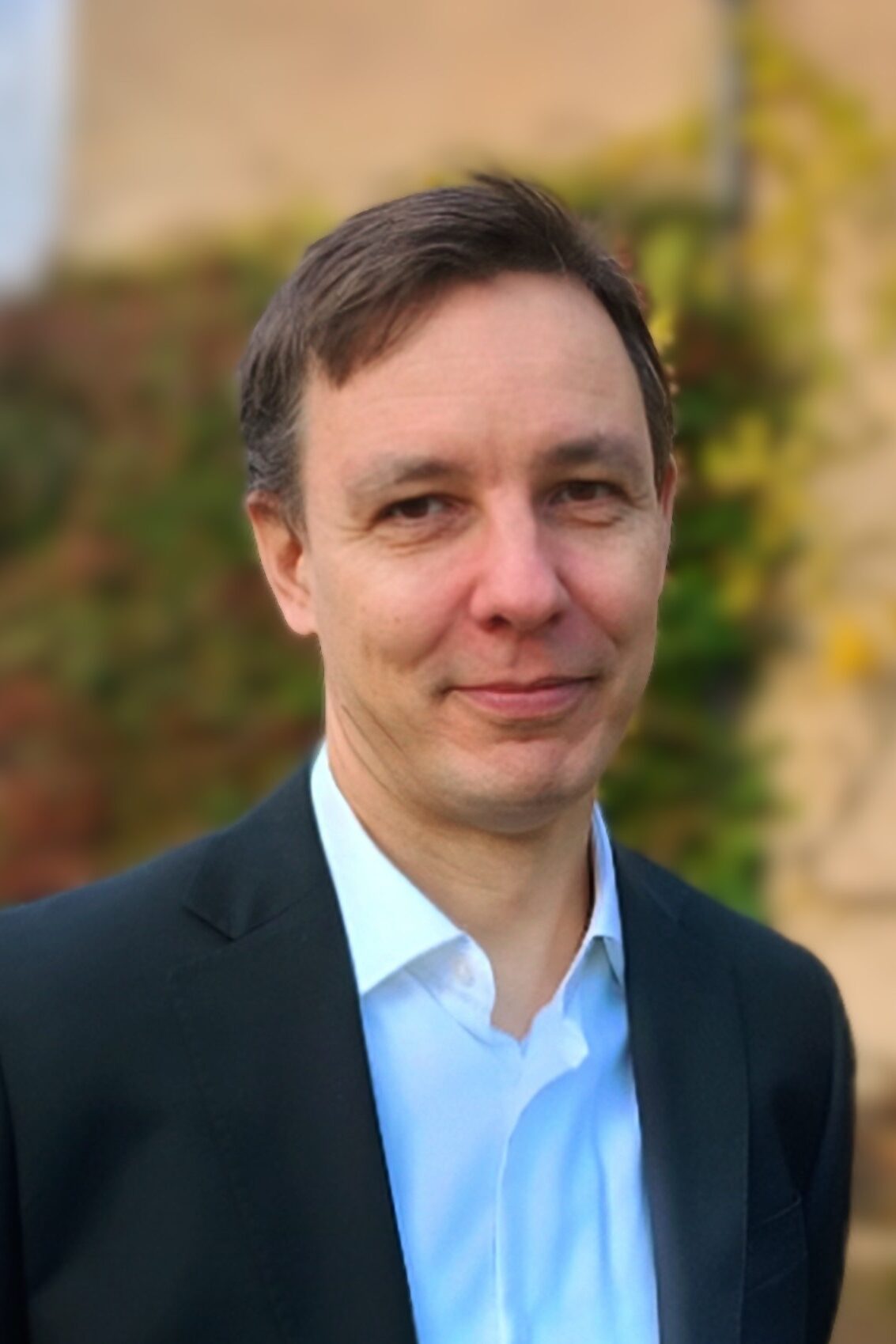
Juuso Repo, Senior Researcher,
INVEST Research Flagship Centre, University of Turku
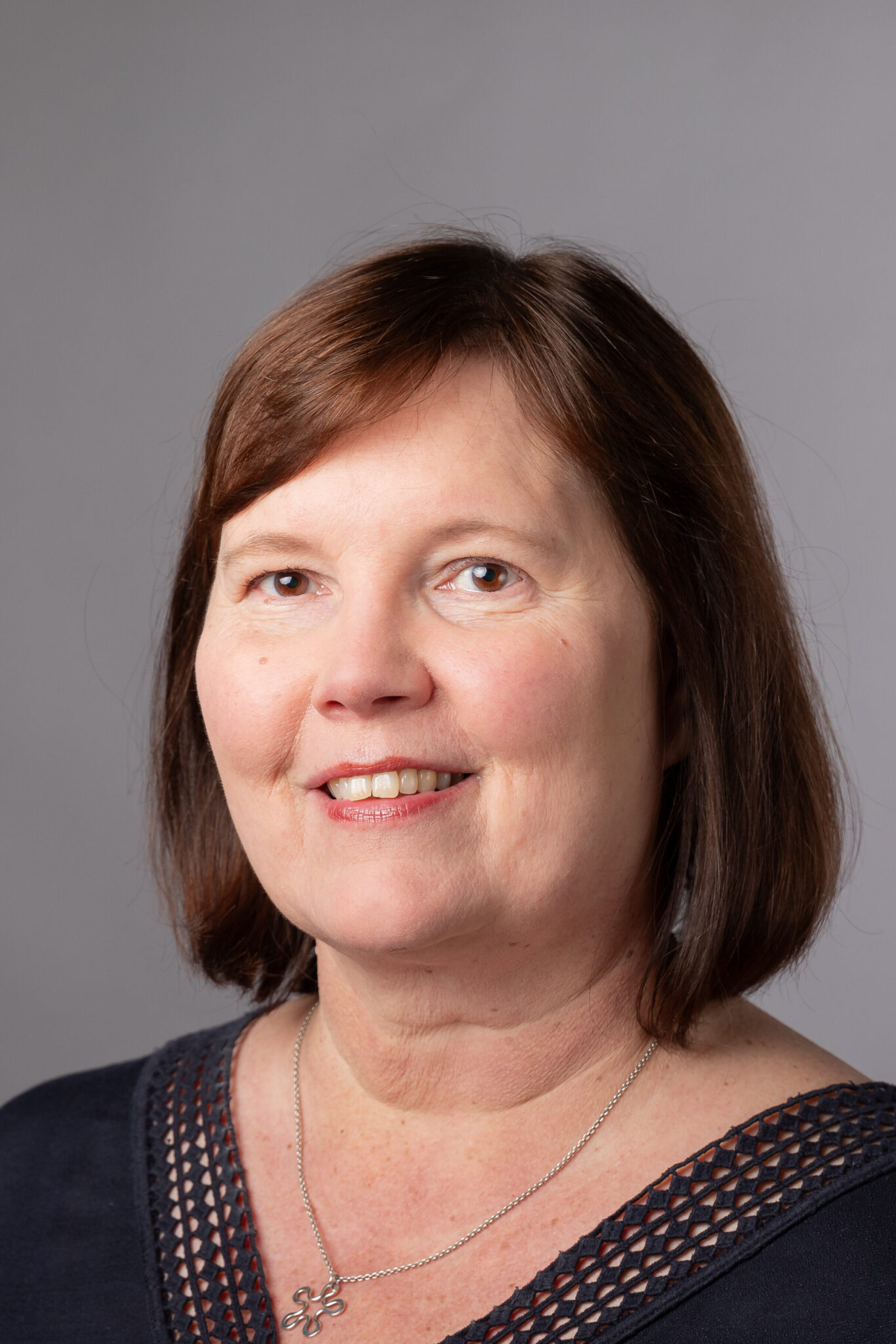
Anne Marjamäki, Head of Business Development, member of the InFLAMES executive team, University of Turku
Key note: Open Science as a transformation of the research system
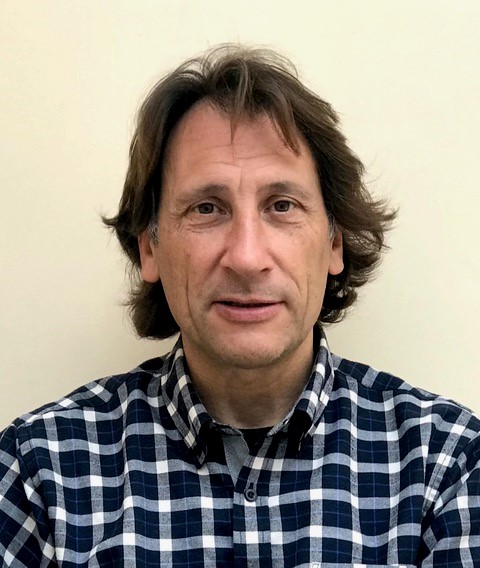
Ismael Rafols is a senior researcher at CWTS and UNESCO Chair on Diversity and Inclusion in Global Science. He works on science policy developing novel approaches that help in fostering epistemic pluralism, broadening participation, and widening the distribution of the benefits from science. He is interested in funding portfolios and priority setting for societal challenges such as bird flu or obesity, and issues related to Sustainable Development Goals (SDGs), particularly in health and agriculture.
Ismael has been involved in policy initiatives ‘responsible metrics’, such as the implementation of UNESCO’s Open Science Recommendations, the Leiden Manifesto, the EC Expert Group on Open Science Indicators, on or discussions on biases against research topics from the Global South in assessment and databases. Previously, he had developed indicators and mapping methods for the evaluation of interdisciplinary research, e.g. in emergent fields such as bio and nanotechnology.
He received an MSc in Science and Technology Policy from SPRU (Sussex), a BSc in Physics from the Univ. Barcelona, a PhD in biophysics from Tohoku University (Sendai, Japan) and was a postdoc in nanobiotechnology at Cornell University. Before CWTS, he worked at SPRU (Sussex) (2005-12) and Ingenio (CSIC-UPV) (2012-19). In between academic positions, he has worked on international cooperation in Oxfam and the City Council of Barcelona.
Full list of publications available in GoogleScholar and ORCID.
Commentaries by:
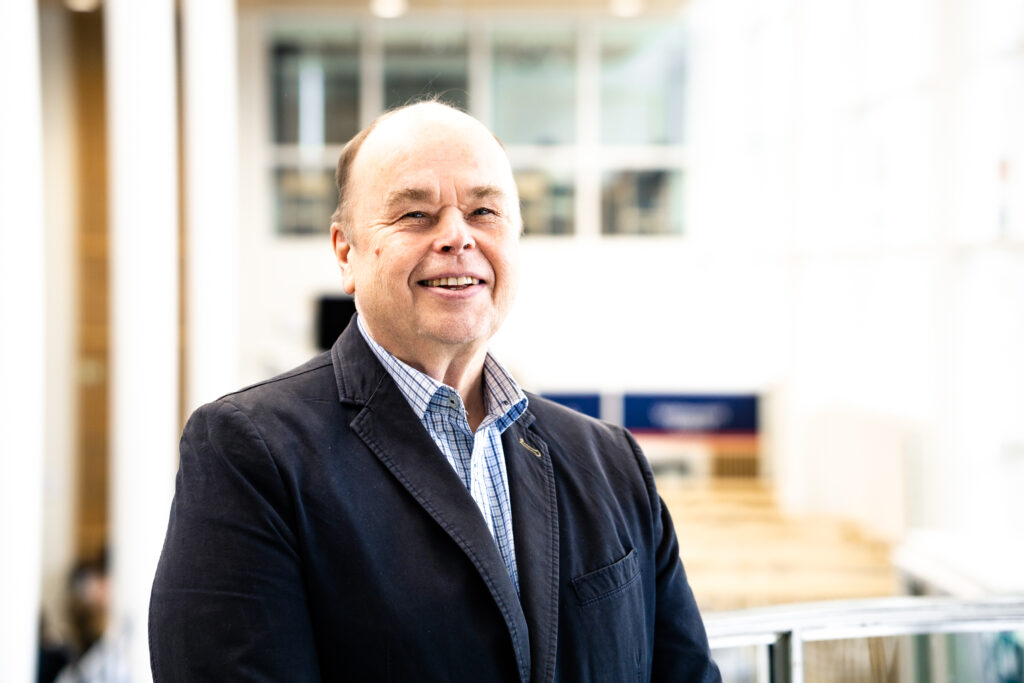
Jari Lavonen, Professor,
University of Helsinki
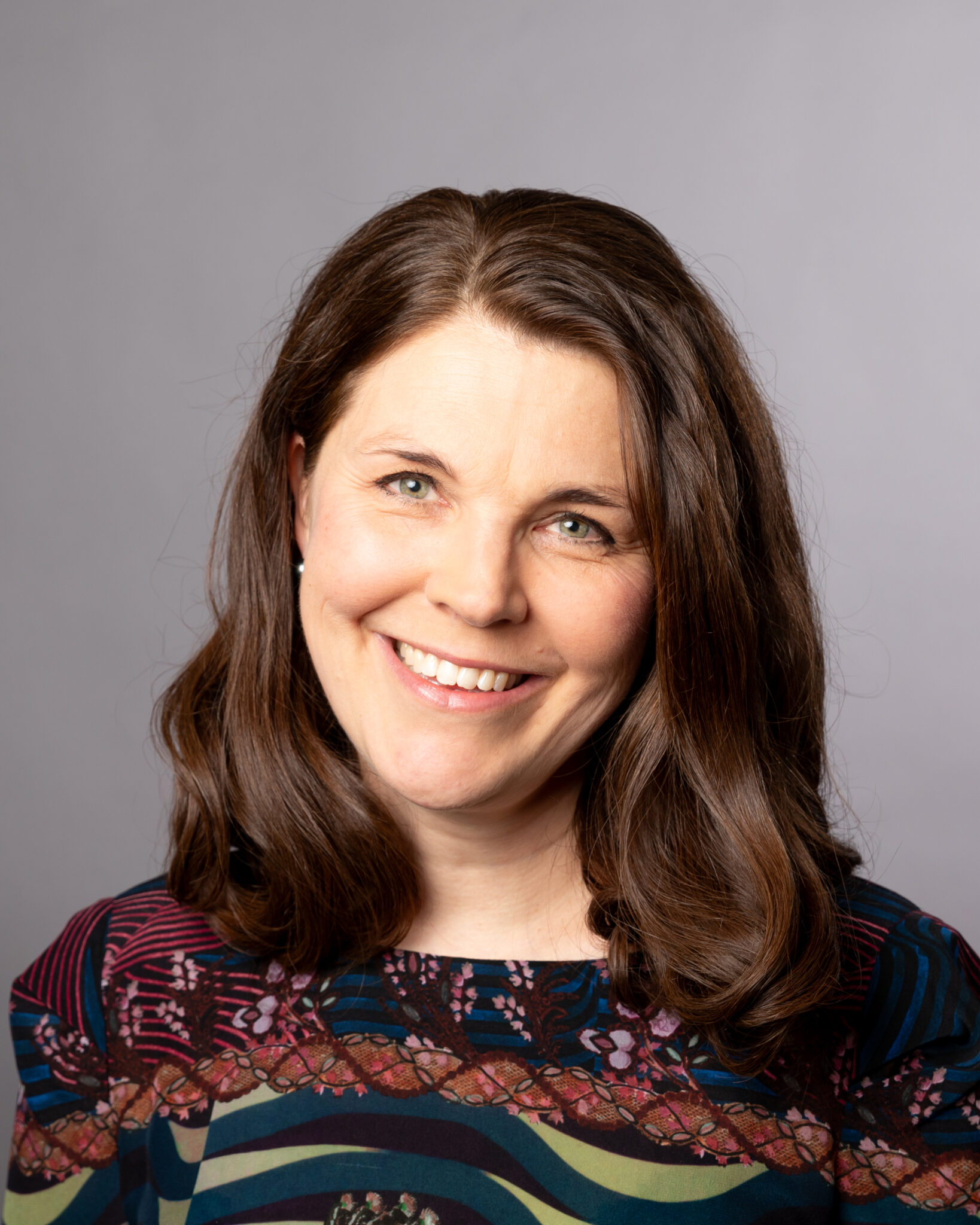
Piia Seppänen is the Vice Rector responsible for research at the University of Turku and the Director of the University of Turku Graduate School (UTUGS) that covers all the disciplines and doctoral researchers of the University. She is a Professor of Comparative Education and Education Policy at the University of Turku.
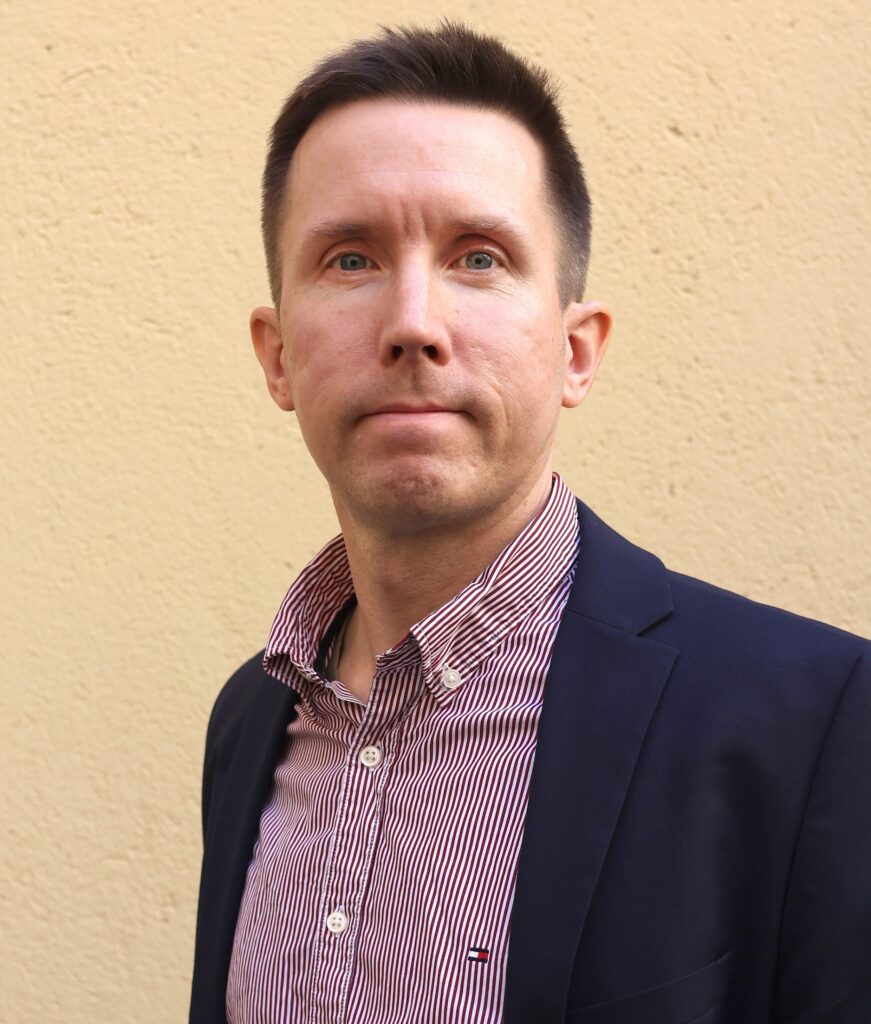
Sami Niinimäki is a Counsellor of Education at the Ministry of Education and Culture. His duties revolve around promoting various higher education and science policy objectives, such as open science and digitalization. Niinimäki has a background in environmental and forest economics.
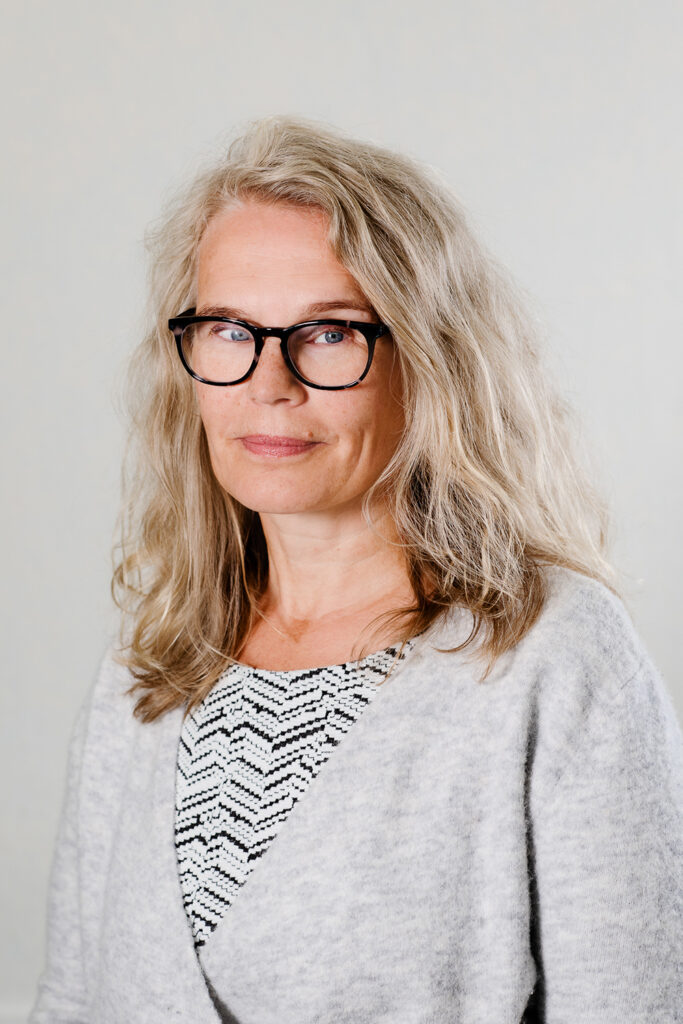
Dr. Reetta Kettunen has served as a researcher, managing editor at a non-fiction publishing house, and coordinator of research programs. She is the long-standing Secretary General of the Finnish Committee for Public Information, an expert body under the Ministry of Education and Culture. The Committee promotes the societal use of reliable research, supports freedom of speech and expression, and fosters public trust and engagement in science and research.
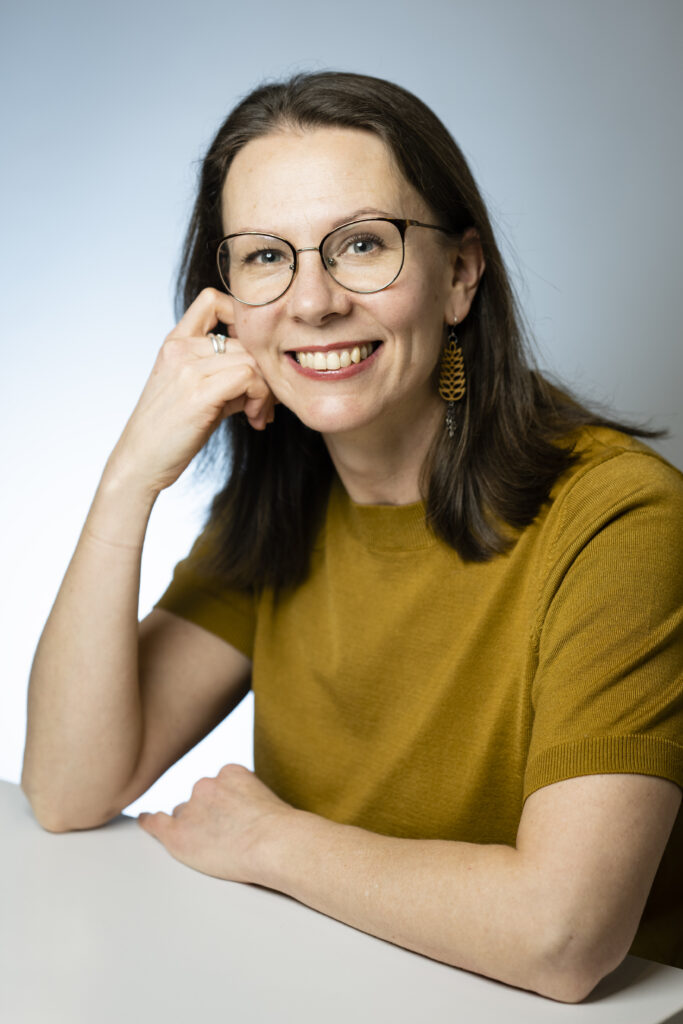
Nora Fagerholm is an Associate Professor in Human-Nature Interactions and Sustainability. She is committed to inter- and transdisciplinary research and applies digital and geospatial technologies and participatory methods to understand people-place relations and foster sustainability transformations. Fagerholm is a co-lead of DIWA research theme 5 on Transformative Water management. In the field of open science, Fagerholm’s strengths are in transdisciplinary knowledge creation and communication with citizen stakeholders.
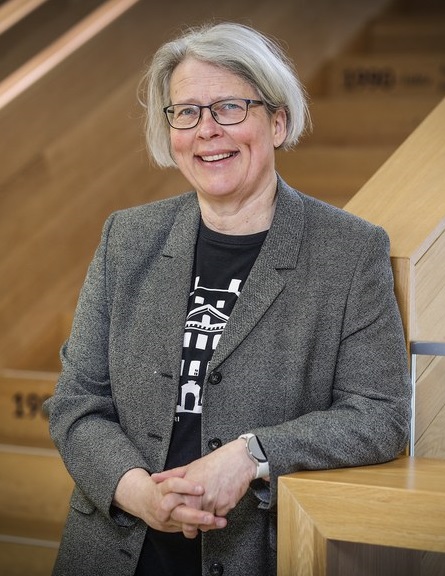
Taina Saarinen is a Research professor at the University of Jyväskylä and the Director of Finnish Institute for Educational Research. As the director of the Finnish Institute for Educational Research she aims to support her colleagues to reach our jointly agreed goals and to find ways to conduct societally and academically interesting and relevant research. Her research areas are higher education policy, internationalization of higher education, languages in higher education, education policy, language education policy, language policy, academic well-being.
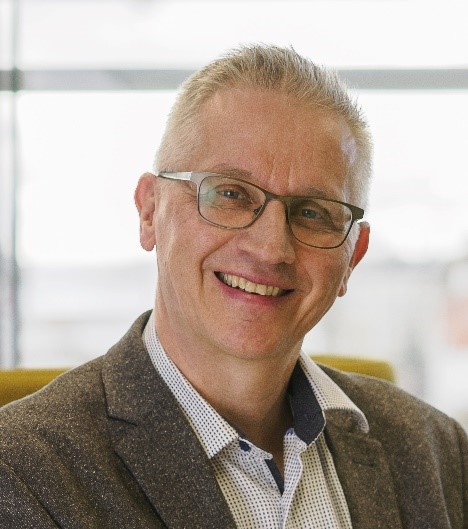
Juhani Knuuti is the director of Turku PET Centre, University of Turku and Turku University Hospital, and professor of cardiovascular imaging, Faculty of Medicine, University of Turku. He acts also currently an Administrative Director of InFLAMES Research Flagship. Professor Knuuti’s main research field is noninvasive cardiovascular imaging especially using PET, SPECT, echocardiography, MRI and CT. The main research focus has been on coronary artery disease and heart failure.
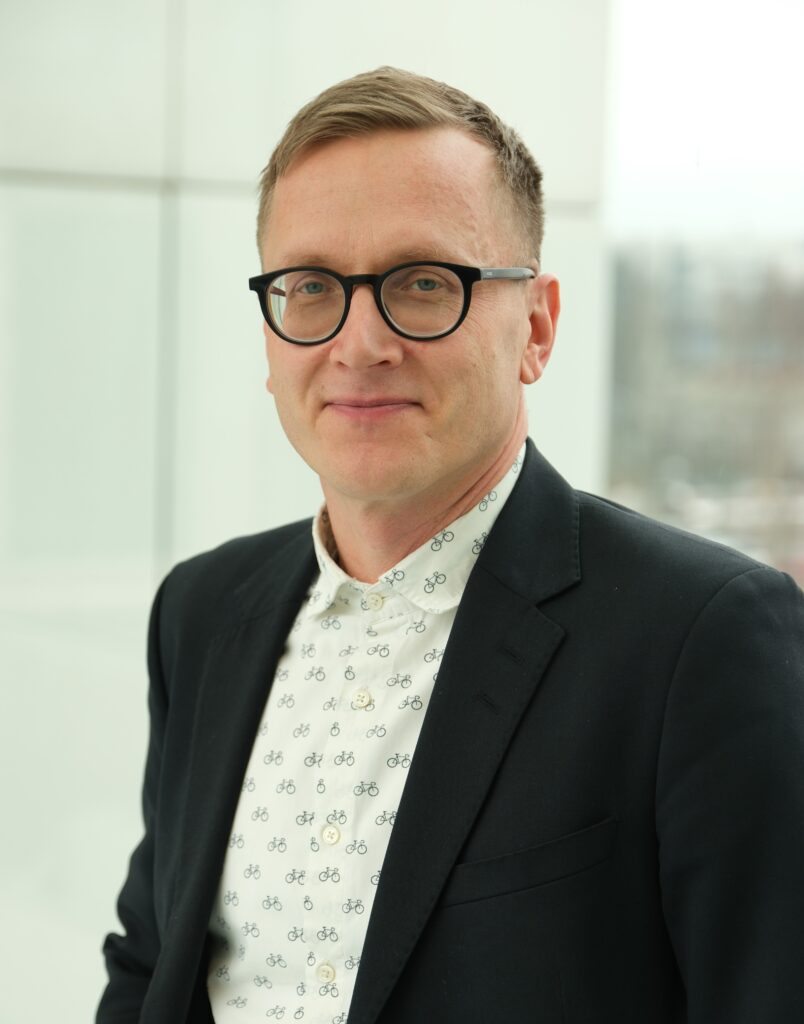
Jani Erola is a sociology professor at the University of Turku, Finland. His research interests are in intergenerational socioeconomic attainment and family demography, plus everything else empirically observable you can link with equality of opportunity. Jani is the founder and the director of INVEST Research Flagship Center (“Inequalities, Interventions and a New Welfare State”), a joint effort of University of Turku and Finnish Institute for Health and Welfare. Additionally, he is the coordination PI of the MapIneq project (Horizon Europe).
Moderator:
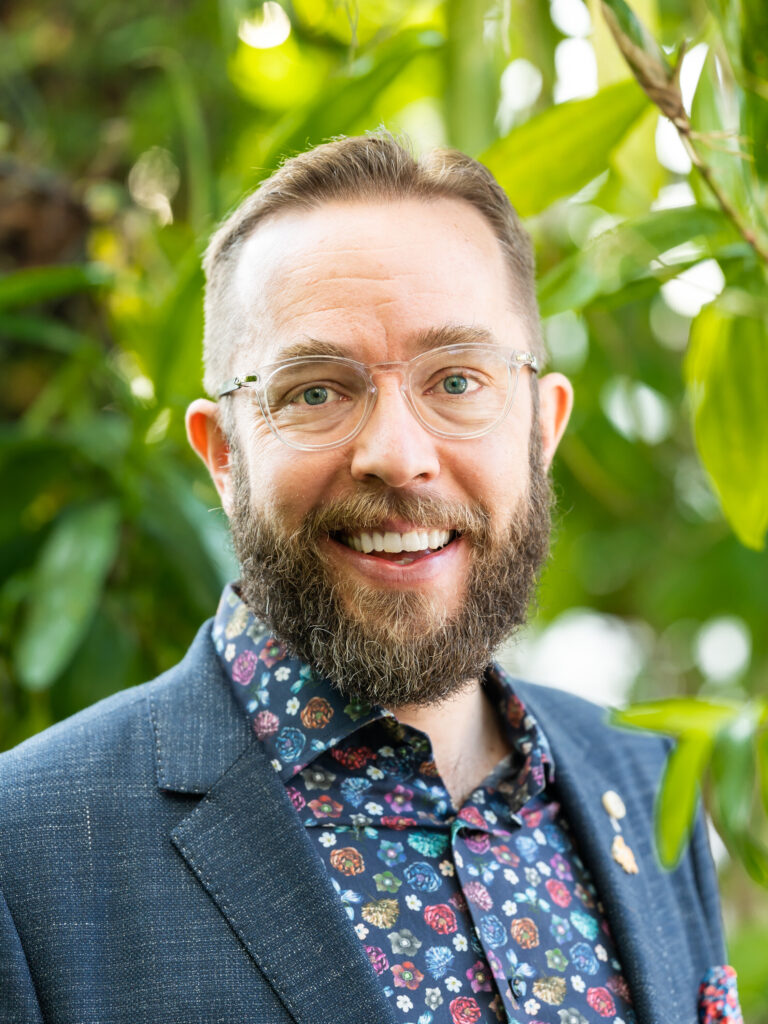
Ilari Sääksjärvi is a Professor of biodiversity research and the director of the Biodiversity Unit at the University of Turku. He is also a Vice-Chair of Finnish Nature Panel and leads the multidisciplinary BIODIFUL consortium (www.biodiful.fi), which consists of dozens of researchers and develops a model of leadership that respects biodiversity. He’s research interests are Biodiversity, Amazonia and science popularization.
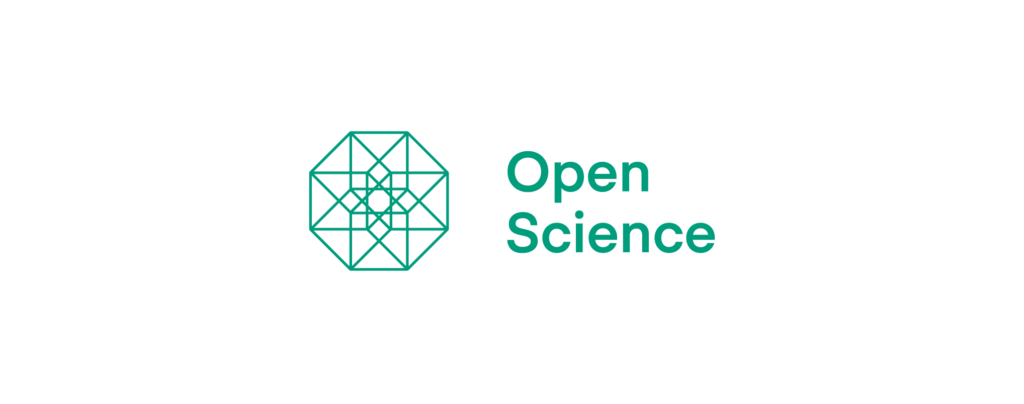
The National Open Science and Research Coordination that promotes open science and research, as well as discussion on its opportunities, challenges and their solutions in Finland.
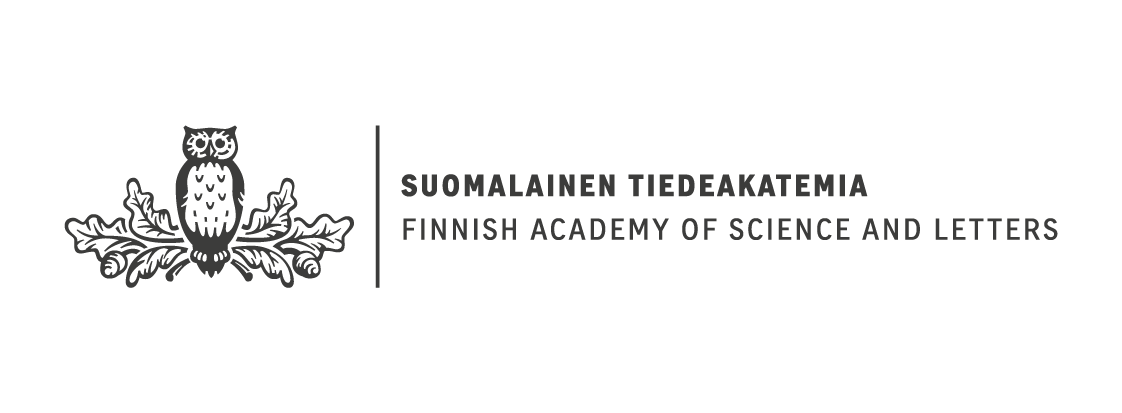
The Finnish Academy of Science and Letters is
a learned society that promotes scientific research, acts as a bond between those engaged in advanced research, and facilitates better utilization of high-quality research in decision-making.
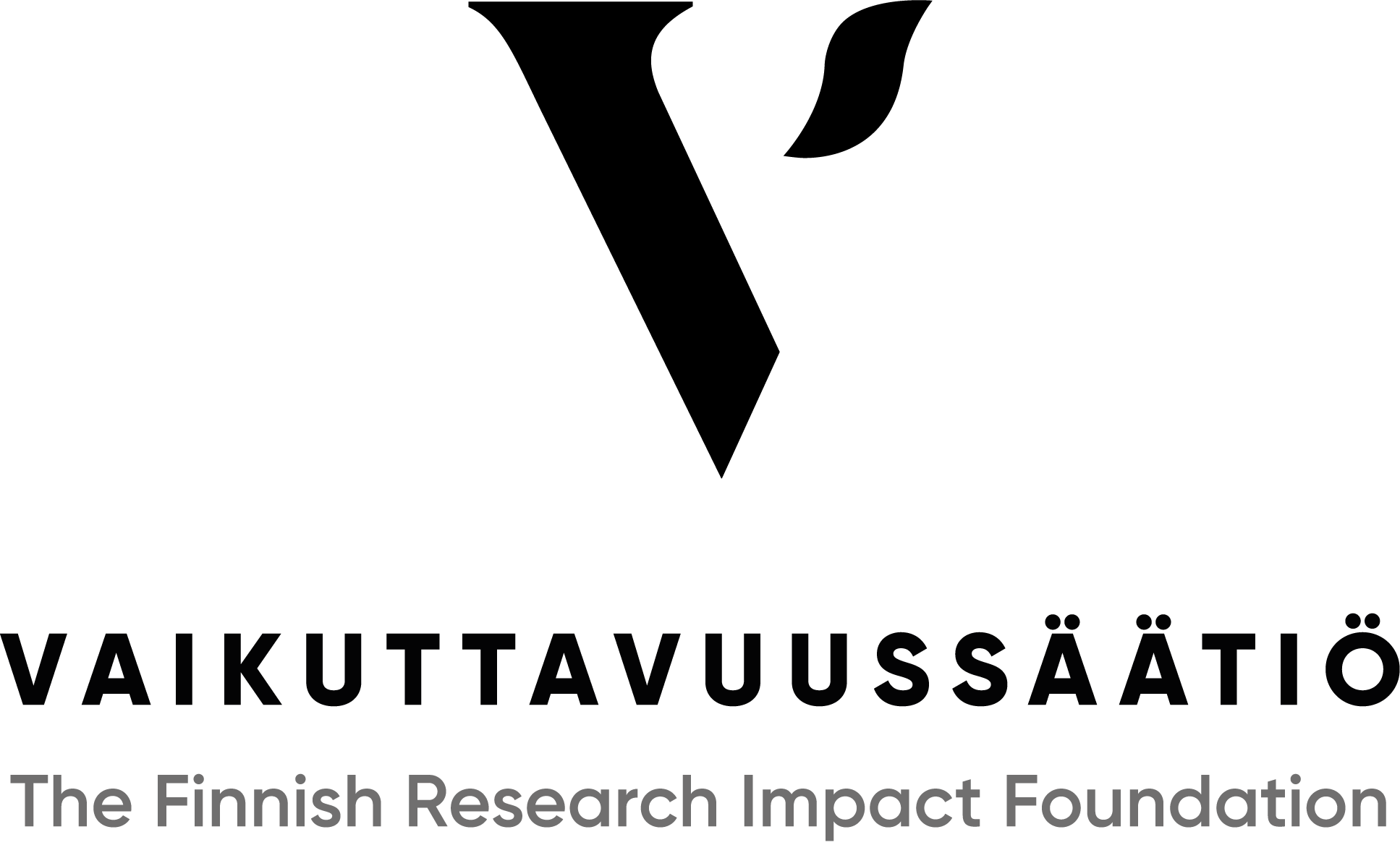
The Finnish Research Impact Foundation works to enhance the impact of cutting-edge academic research by promoting cooperation with industry.
The event will be hosted by the award-winning (Stakeholder Collaboration Action Award, 2024) podcast hosts, Laura Niemi and Outi Nurmela. Together Laura Niemi and Outi Nurmela actively contribute to the discussion on higher education and research policy concerning universities’ impact by hosting a podcast series called “Vau, mikä vaikutus!” which explores the impact of research from different disciplines from a variety of perspectives.
Outi Nurmela is development specialist at the University of Turku and M.Sc. (Econ. & Bus. Adm.).
Contact: outi.nurmela@utu.fi
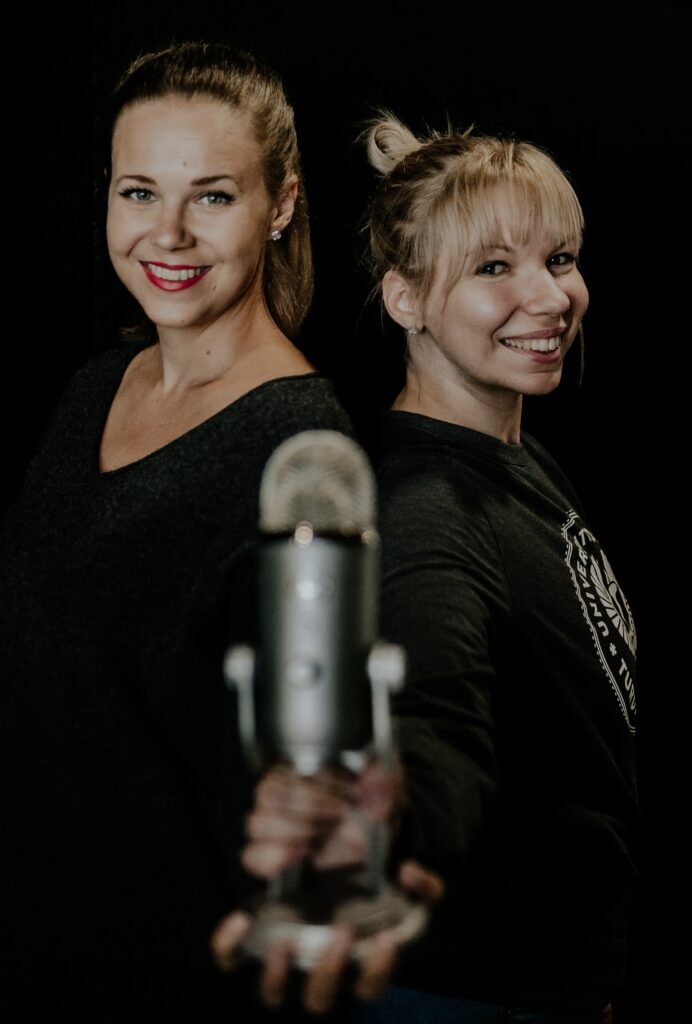
Laura Niemi is development specialist at the University of Turku and D.Sc. (Econ. & Bus. Adm.).
Contact: laura.niemi@utu.fi
Location: The festival will be organised at the Visitor and Innovation Centre Joki. The visitor centre is located at the heart of the Turku Science Park, Lemminkäisenkatu 12b, 20520 Turku. Arrival instructions can be found here.
